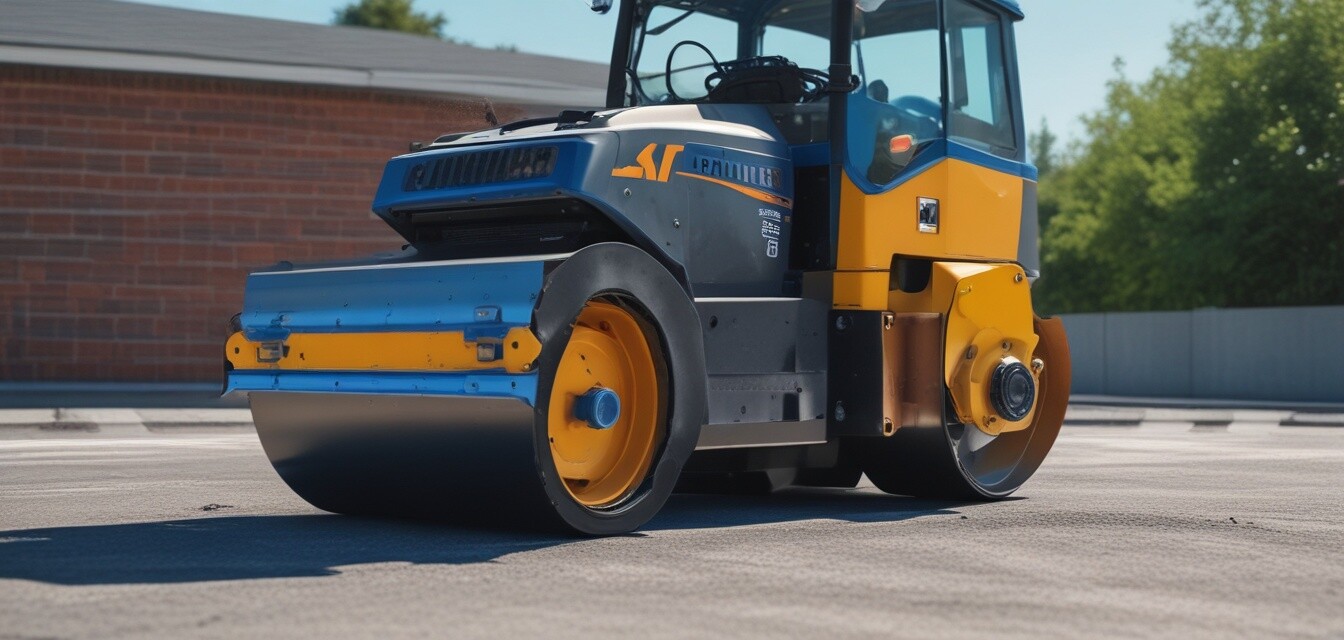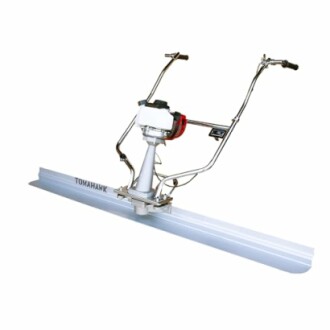
Evaluating Asphalt Roller Options: Which One to Choose?
Key Takeaways
- Understanding the different specifications and features of asphalt rollers can significantly influence your purchasing decision.
- Consider factors like weight, drum size, power, and ease of use when evaluating options.
- Compare various models and brands to find the best fit for your paving projects.
- Utilize high-quality tools, like the TOMAHAWK Power Screed, to enhance the quality of your work.
Asphalt rollers are a fundamental piece of equipment for any paving project. Properly compacting asphalt not only helps in achieving a smooth finish but also ensures the longevity of the pavement. With so many different options available on the market, making the right choice can feel overwhelming. In this article, we'll analyze several asphalt roller options, comparing their specifications and performance to help contractors and DIY enthusiasts like yourself to make informed decisions.
Types of Asphalt Rollers
- Vibratory Rollers
- Static Rollers
- Tandem Rollers
- Trench Rollers
1. Vibratory Rollers
Vibratory rollers use vibrational force to compact asphalt, making them ideal for high-density tasks. Their advantages include a smooth finish and quicker compaction times.
2. Static Rollers
Static rollers are generally used for lighter projects and can be ideal for compacting thin layers of asphalt. They do not use vibrations, which makes them more suited for some delicate applications.
3. Tandem Rollers
Tandem rollers have two vibratory drums, which provide superior compaction on a variety of surfaces, making them a popular choice for road construction.
4. Trench Rollers
These compact rollers are used for applications needing careful compaction, such as trench work. They are designed to fit in narrower spaces
Features to Consider When Choosing an Asphalt Roller
| Feature | Description |
|---|---|
| Weight | Heavier rollers provide better compaction, but may be less maneuverable. |
| Drum Size | Larger drums can cover more area but may require more power. |
| Power Source | Gas, diesel, or electric options provide varying levels of performance and cost. |
| Maneuverability | Look for rollers that are easy to operate, especially in tight spaces. |
| Warranty | A good warranty can provide peace of mind for your investment. |
Comparison of Popular Asphalt Rollers
| Model | Type | Weight | Drum Size | Power Source |
|---|---|---|---|---|
| Model A | Vibratory | 1,800 lbs | 48 inches | Gas |
| Model B | Tandem | 3,000 lbs | 54 inches | Diesel |
| Model C | Static | 1,500 lbs | 36 inches | Electric |
Highlighted Product: TOMAHAWK Power Screed
TOMAHAWK 1.6 HP Honda Gas Vibrating Concrete Power Screed
Enjoy enhanced leveling capabilities with the TOMAHAWK Power Screed, featuring a 1.6HP Honda Engine and lightweight design for easy handling.
Learn MorePros and Cons of Different Roller Types
Pros
- Vibratory rollers offer fast compaction and a smooth finish.
- Tandem rollers are versatile and popular among contractors.
- Static rollers are often more cost-effective for light projects.
Cons
- Heavier rollers can be harder to transport and maneuver.
- Vibratory rollers may require more maintenance due to moving parts.
- Specialized rollers can be more expensive.
Conclusion
Choosing the right asphalt roller depends on your specific project needs. By considering the type, features, and performance of different models, you can make an informed decision that enhances your paving tasks. Don't forget to explore the benefits of professional tools such as the TOMAHAWK Power Screed to achieve optimal results.


